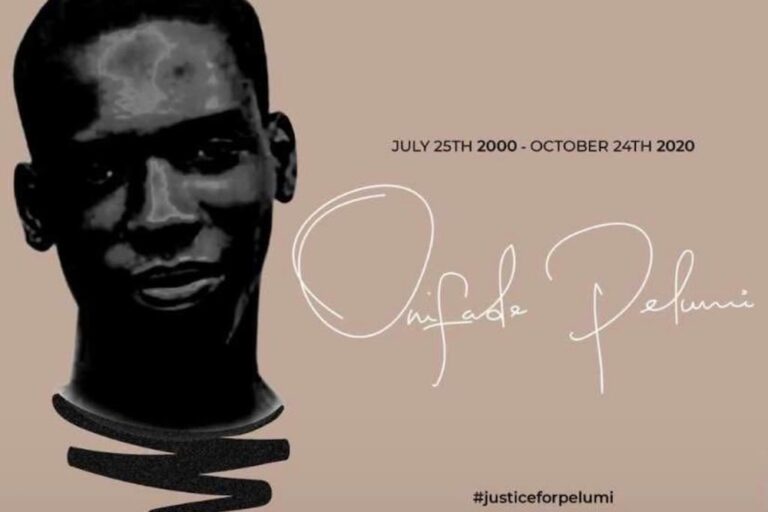The two bills currently being debated by Nigeria's Senate are both highly contentious and if passed will introduce harsh penalties, including the death sentence.
This statement was originally published on rsf.org on 16 December 2019.
Reporters Without Borders (RSF) is concerned about two bills intended to combat hate speech and online disinformation that Nigeria’s senate is currently discussing. As they stand, they provide for disproportionate penalties and could become dangerous weapons against the freedom to inform.
If the Prohibition of Hate Speech Bill is passed in its current form, a journalist could be jailed for an article that is deemed to be “threatening, abusive or insulting” and could be sentenced to death by hanging if it “causes any loss of life.” The bill has already passed its first reading in the senate, but could be amended on second reading.
The Protection from Internet Falsehood and Manipulations Bill also contains many provisions that could create serious problems for journalists. For example, they could be imprisoned for publishing content “likely to be prejudicial to the security of Nigeria, public safety, tranquillity, public finances and friendly relations of Nigeria with other countries.”
“In their current form, these bills contain vague and imprecise provisions with extremely harsh penalties that violate international law and are likely to be used to gag the media,” said Arnaud Froger, the head of RSF’s Africa desk. “These bills provide new possibilities of prosecuting journalists who use their right to criticize in a country where the legislative arsenal is already very oppressive and is already often used to suppress free speech.”
Nigerian civil society is very critical of the bills and dozens of people demonstrated outside the national assembly in the capital, Abuja, on 27 November, calling on the senate to abandon them.
Nigeria’s criminal code, terrorism law and the 2015 cyber-crime law already provide for imprisoning media personnel and are often used to arbitrarily arrest journalists who criticize corruption and misgovernment.
Recent victims include Agba Jalingo, the publisher of the online newspaper CrossRiverWatch, who has been held since August on treason charges for criticizing the governor of Cross River State.
Bills designed to criminalize hate speech and disinformation have been proposed in several African countries in recent months, including Cameroon and Ethiopia.
Nigeria is ranked 120th out of 180 countries in RSF’s 2019 World Press Freedom Index.



